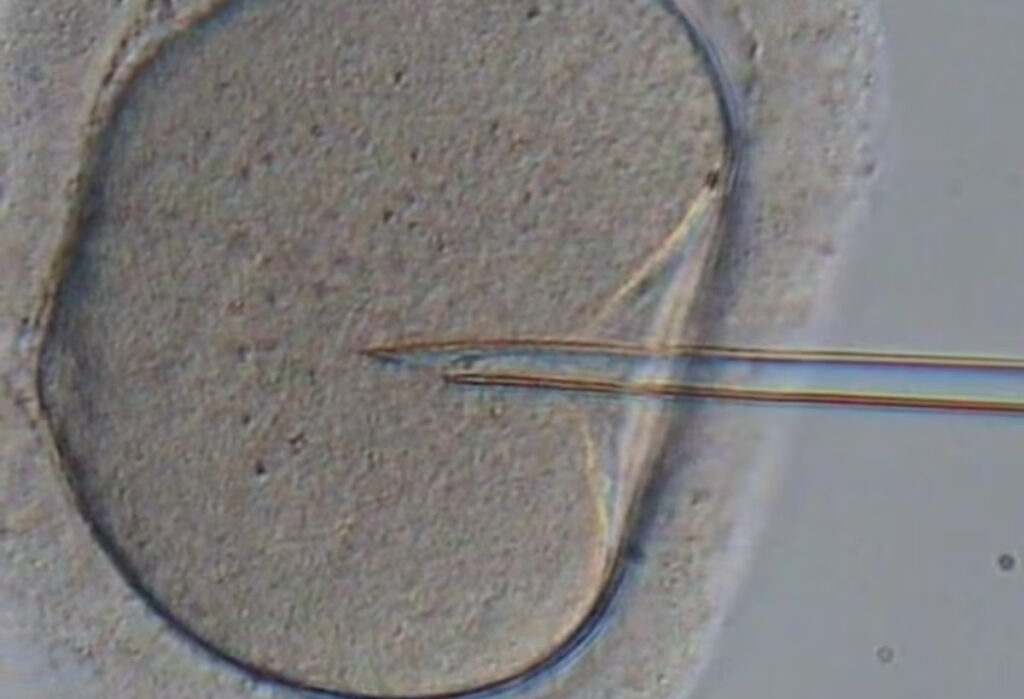Skip to:
ICSI directly addresses male infertility by selecting and injecting a single healthy sperm into an egg, overcoming natural barriers to fertilisation. This technique is beneficial in cases where:
In these situations, ICSI allows for fertilisation by bypassing the challenges of traditional IVF, using the best sperm available to achieve successful fertilisation.
ICSI is often advised in cases of:
The ICSI process includes several stages, as outlined below:
Several factors impact the success of ICSI:
ICSI is generally safe, but as with any medical procedure, there are potential risks:
For further information or to schedule a consultation, please reach out to Dr. Knight’s clinic. Our team is ready to answer questions and support you at every stage.
ICSI differs from traditional IVF in the way fertilisation occurs. In conventional IVF, eggs are surrounded by motile sperm in a dish, allowing fertilisation to happen naturally. In ICSI, a single sperm is directly injected into the egg, bypassing natural fertilisation. ICSI is particularly beneficial when male infertility factors, such as low sperm count or abnormal sperm shape, make it difficult for sperm to fertilise the egg on their own.
Yes, there is an additional fee for ICSI, which may qualify for a Medicare rebate for eligible patients. For further information or to schedule a consultation, please reach out to Dr. Knight’s clinic. Our team is ready to answer questions and support you at every stage.
We offer a variety of services to support you on your fertility journey, tailored to meet your individual needs.
We’re here to guide you every step of the way. Explore our helpful resources, designed to provide information and support throughout your fertility journey. Whether you’re just starting or seeking more in-depth knowledge, you’ll find valuable insights to help you make informed decisions.
